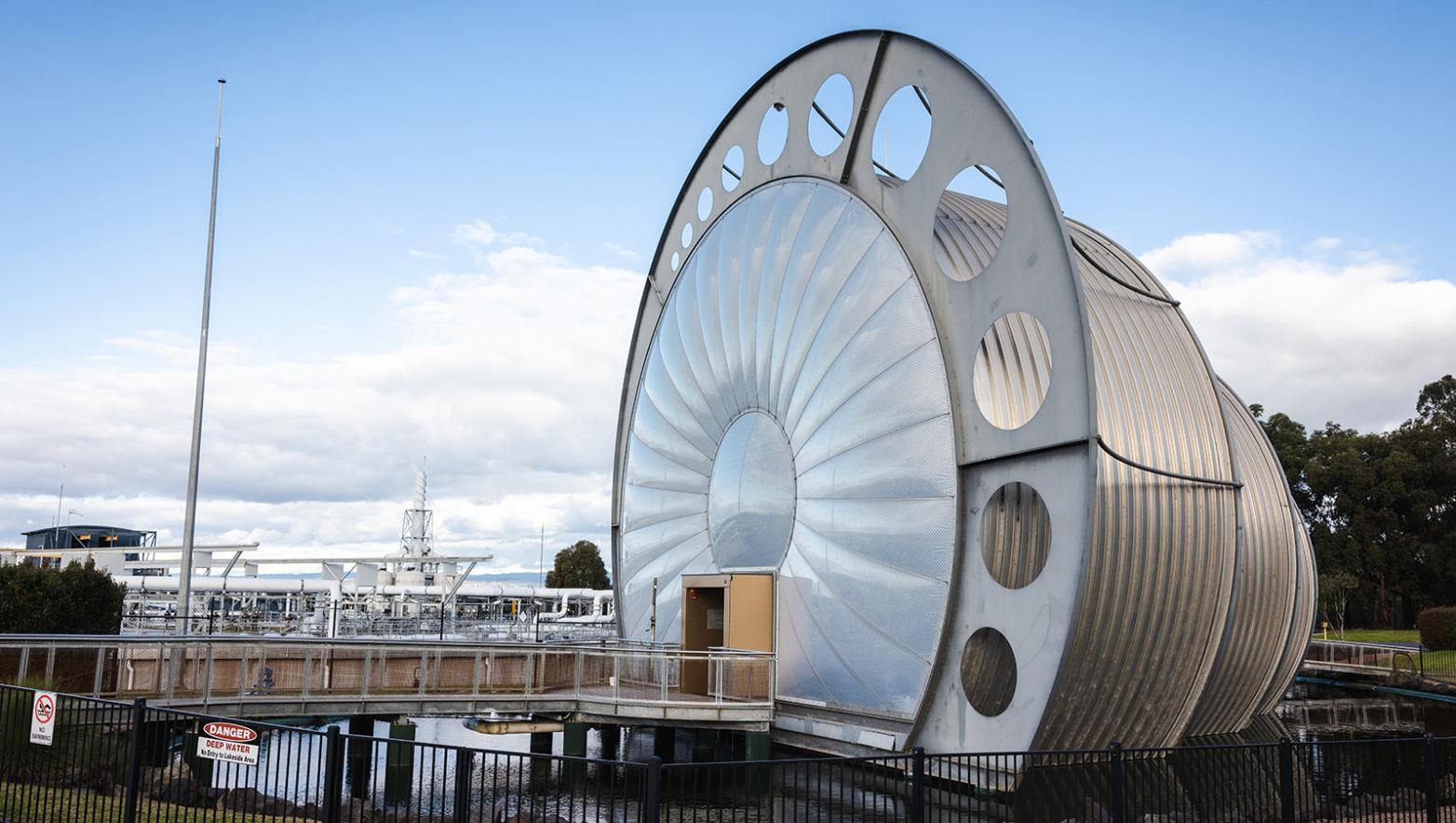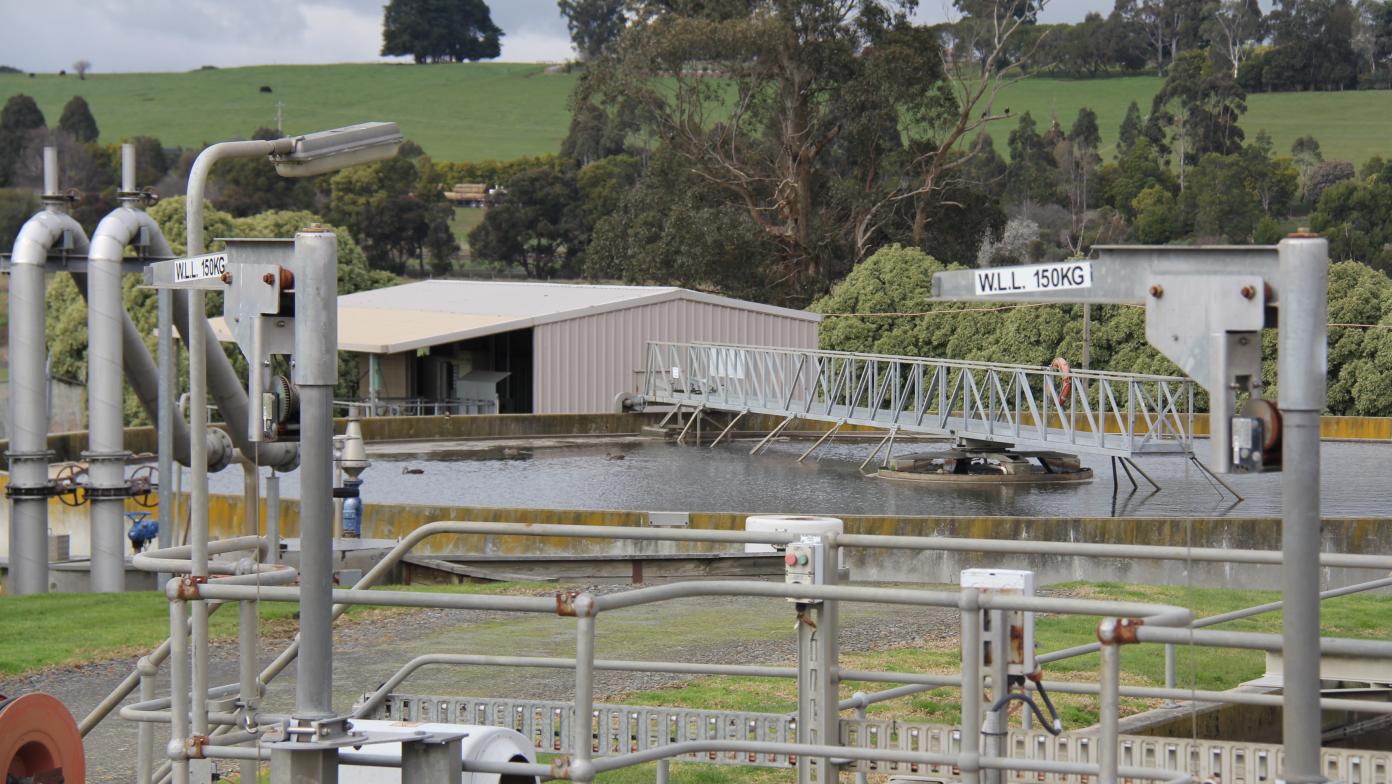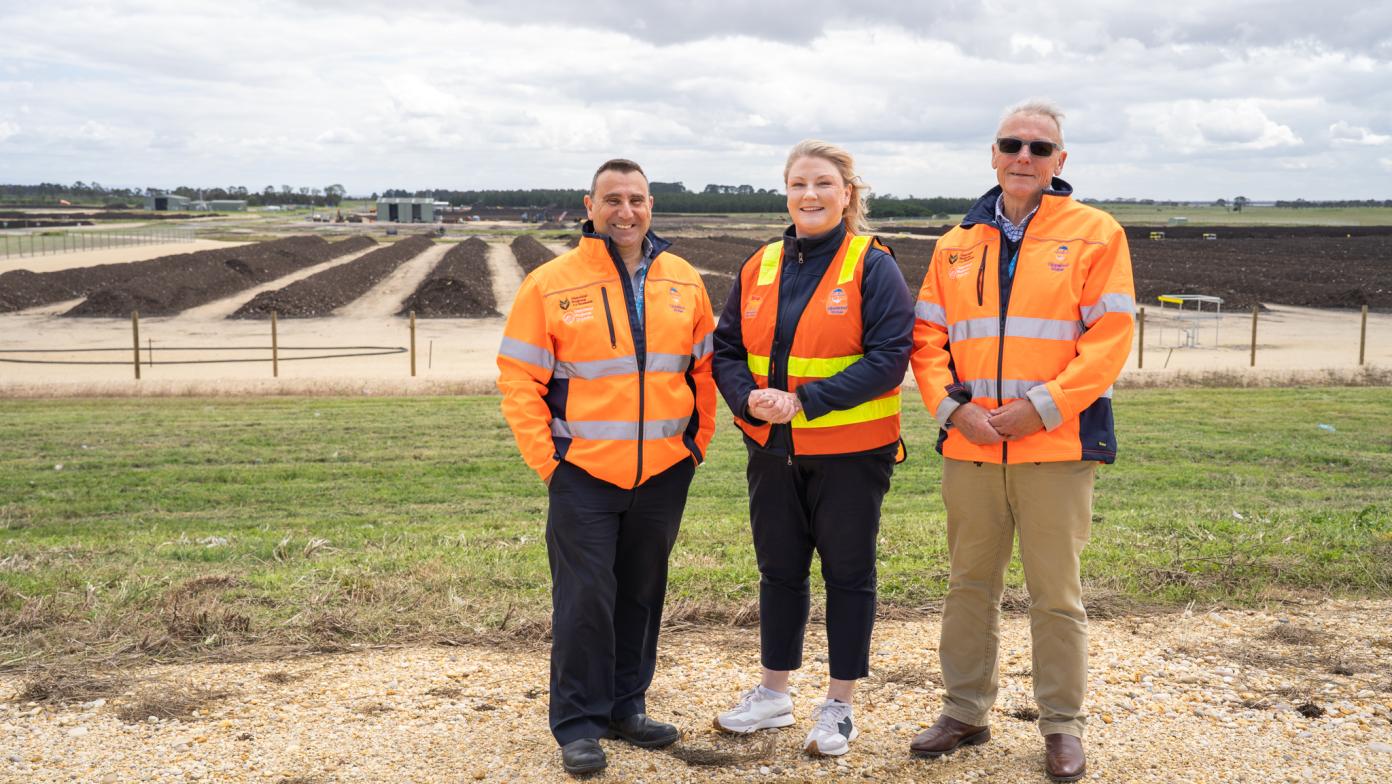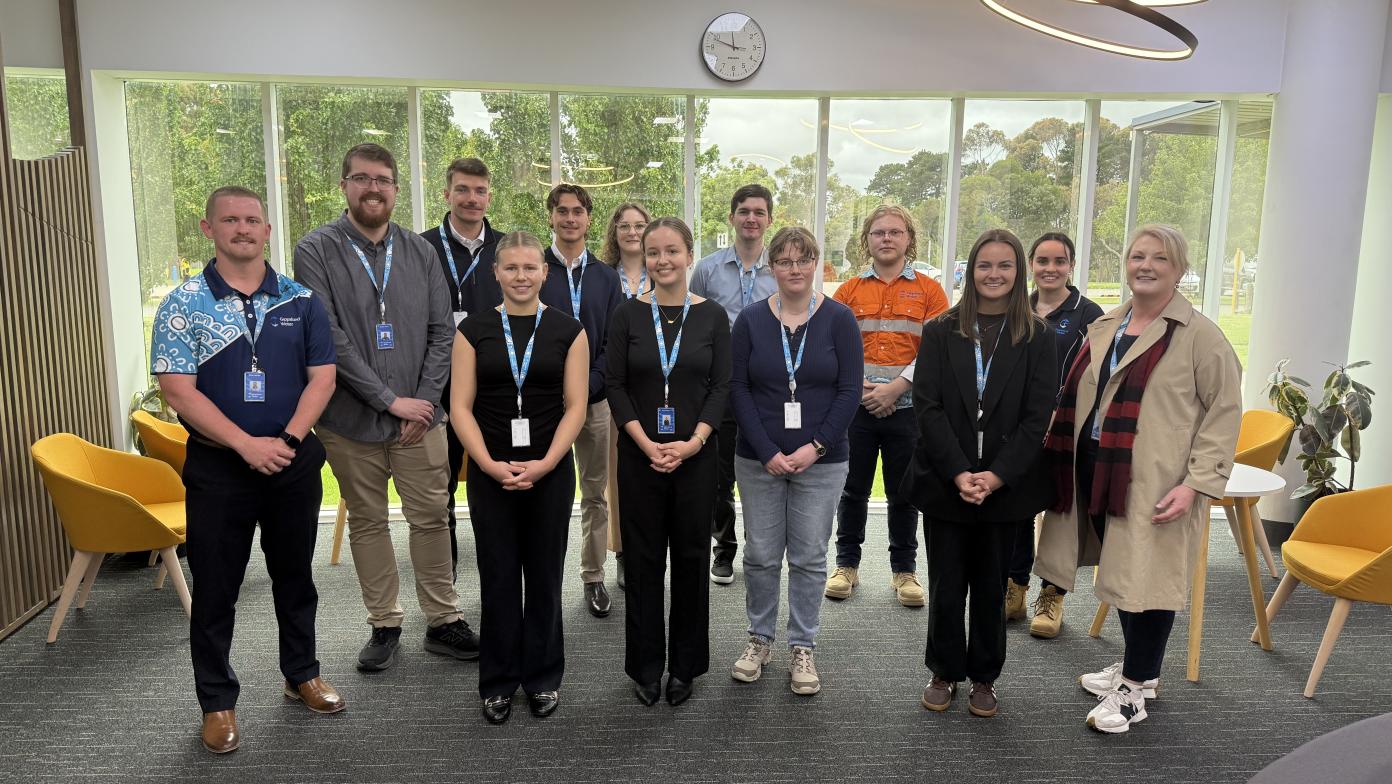Large-scale solar project will reduce carbon emissions at Gippsland Water Factory

Gippsland Water is about to embark on a large-scale solar project at its Gippsland Water Factory to reduce its carbon footprint.
Managing director Sarah Cumming said soon the organisation would be installing more than 2000 solar panels next to the Gippsland Water Factory to power the facility, which treats and recycles wastewater from industry and nine towns in central Gippsland.
“This project is our most recent of many that use renewable energy to power our plants and reduce our carbon footprint,” Ms Cumming said.
“The 1280 kilowatt system produces enough energy to power over 400 Victorian households and at its peak capacity it will be able to completely power the factory.”
In line with Victorian Government’s strong renewable energy and climate change targets, Ms Cumming said the project will help reduce Gippsland Water’s power costs and contribute to the organisation reaching its targets of 100 per cent renewable energy and a 24% reduction in greenhouse gas emissions by 2025.
The Gippsland Water Factory site is already powered in part by a biogas cogeneration engine and a hydroelectric generator, which helps the water and wastewater service provider reduce its energy bill.
“Once the system is installed and running, we’ll be in a unique position of having three types of renewable energy powering the water factory.”
This will be the organisation’s seventh site to be powered by solar, with systems already installed at the Warragul, Traralgon and Tyers water treatment plants, Warragul and Moe wastewater treatment plants, and the Traralgon office.
“There’ll be more projects to come as we take further action to reduce our carbon emissions and our energy costs,” Ms Cumming concluded.
For more information on how the Victorian Government is addressing climate change impacts on the water sector and reducing the sector’s greenhouse gas emissions visit: www.water.vic.gov.au/water-for-victoria



